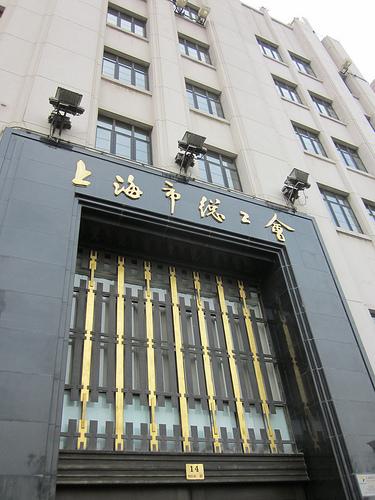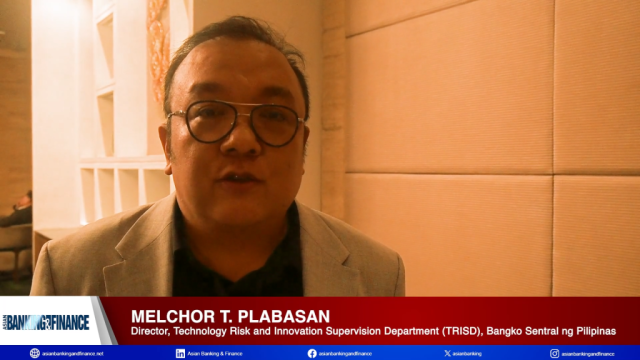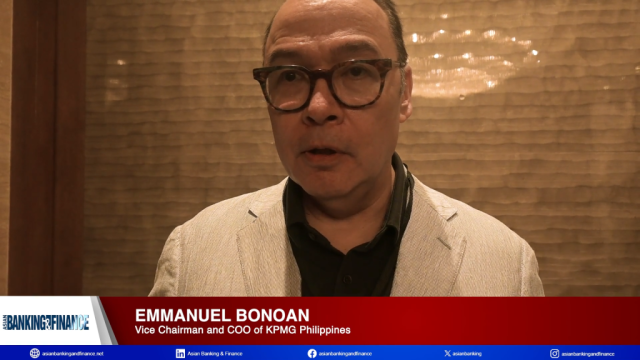
What you must know about BOC's exposure to asset management companies' debt
It will be positive for NIMs.
According to Bernstein Research, as part of the NPL restructuring of the Big 4 Chinese banks in 1998-99, the government created 4 asset management companies (AMCs), one for each of the Big 4 banks.
At the time, the banks were laden with NPLs from their days as policy banks and as a result of the recent SOE reforms enacted by the government. While no good data exists from those years, the NPL ratios of the Chinese banks likely ranged from 25-30%.
Here's more from Bernstein:
The newly created AMCs purchased the NPLs from the Big 4 banks at par value and paid them mostly in 10-year debt obligations. These 10-year debt obligations were set to mature in 2009 but were rolled over by the banks.
The rollover of these debt instruments gives rise to the question as to whether the AMCs have the ability to repay this debt and the Chinese banks would take the hit should the AMCs become insolvent.
As we detailed in our April 2003 report that the Ministry of Finance has announced support for principal and interest payments and debt balances have declined in recent years due to early prepayments. Therefore we view solvency risks of these AMC bonds as being minimal.
To the surprise of many investors, the AMCs began to repay the debt owed to 2 of the Big 3 banks (AgBank has no exposure to any of the AMCs). As of year-end 2012, Cinda (the second-largest AMC) has repaid 77% of its debt to CCB (over a 2.5-year period) while Huarong (the largest AMC) has repaid 44% of its debt to ICBC over a one-year period.
Both of these AMCs began to repay the debt following their transition to a joint-stock company (China's version of a corporation). Thus far Bank of China has been the only bank that did not receive any early repayment from its corresponding AMC.
At the start of 2013, Orient AMC began to follow in its peers' footsteps towards commercialization as it was approved to become a joint-stock company. As a result, we expect that Orient AMC will begin to repay Bank of China in full by 2014. This will eliminate investors' concerns over credit risk from this restructuring-related exposure.
The repayment of this debt will be accretive to ICBC's NIM and earnings as it will be able to re-invest these funds into higher-yielding assets.
Assuming these restructuring-related bonds had matured at the start of 2012, and ICBC had invested the cash in securities (which averaged a 3.6% yield), it would have increased the bank's NIM by 2bp.
If ICBC instead invested the excess cash into loans (which averaged a 6.2% yield), its 2012 NIM would have improved by 7bp.






















 Advertise
Advertise










